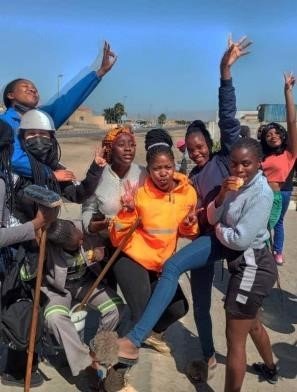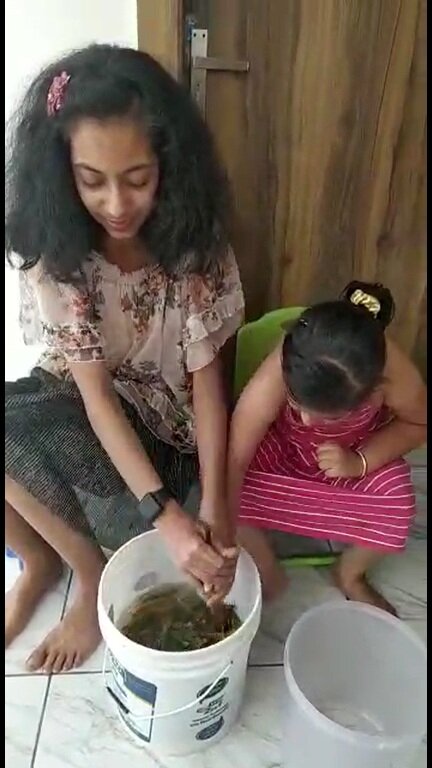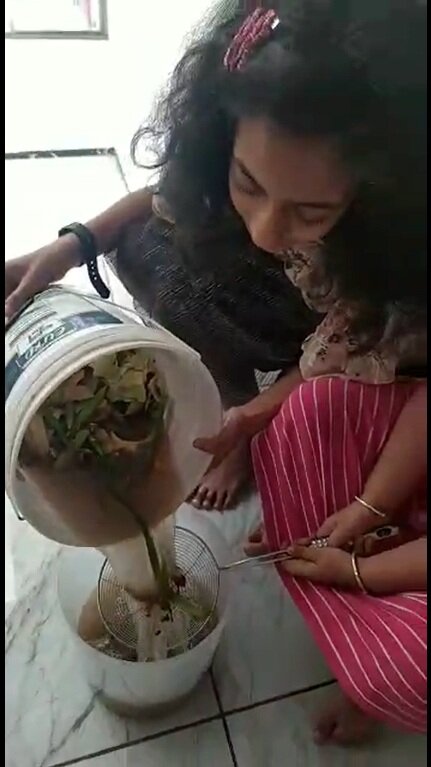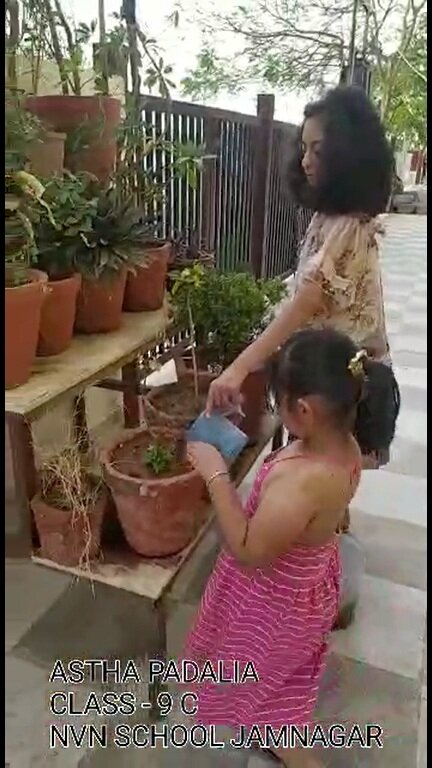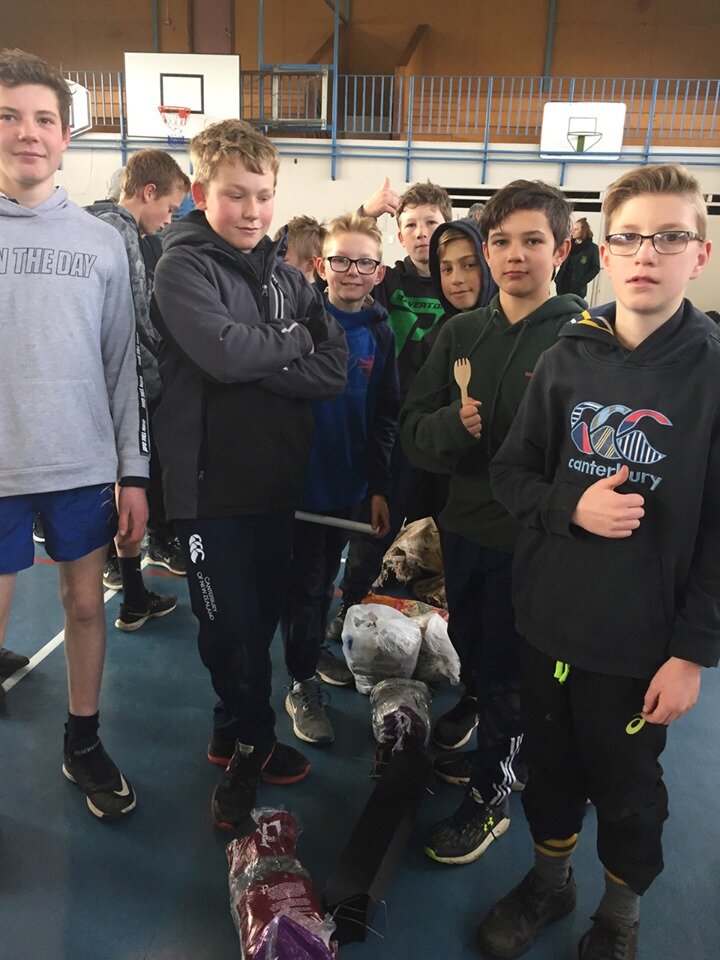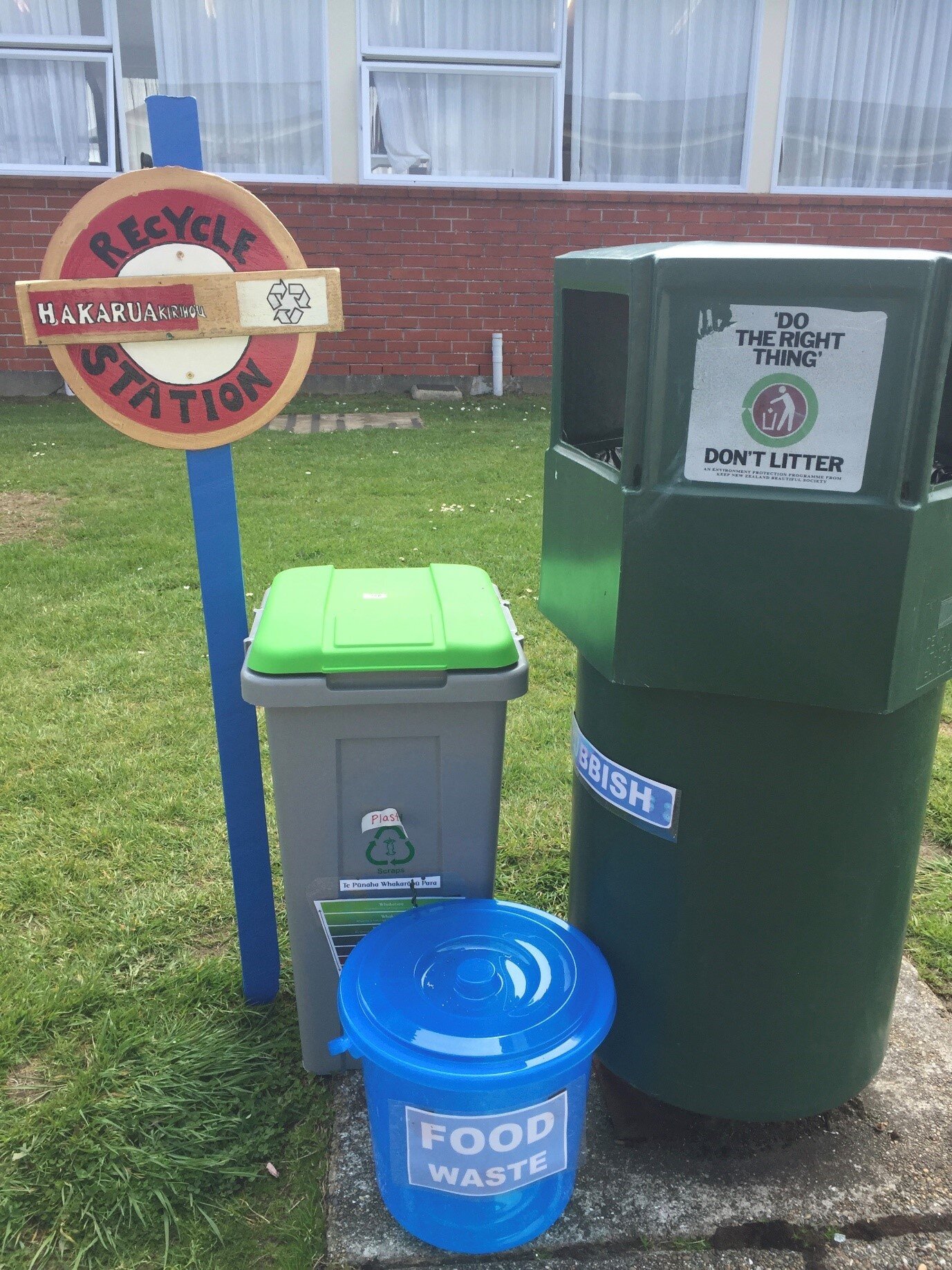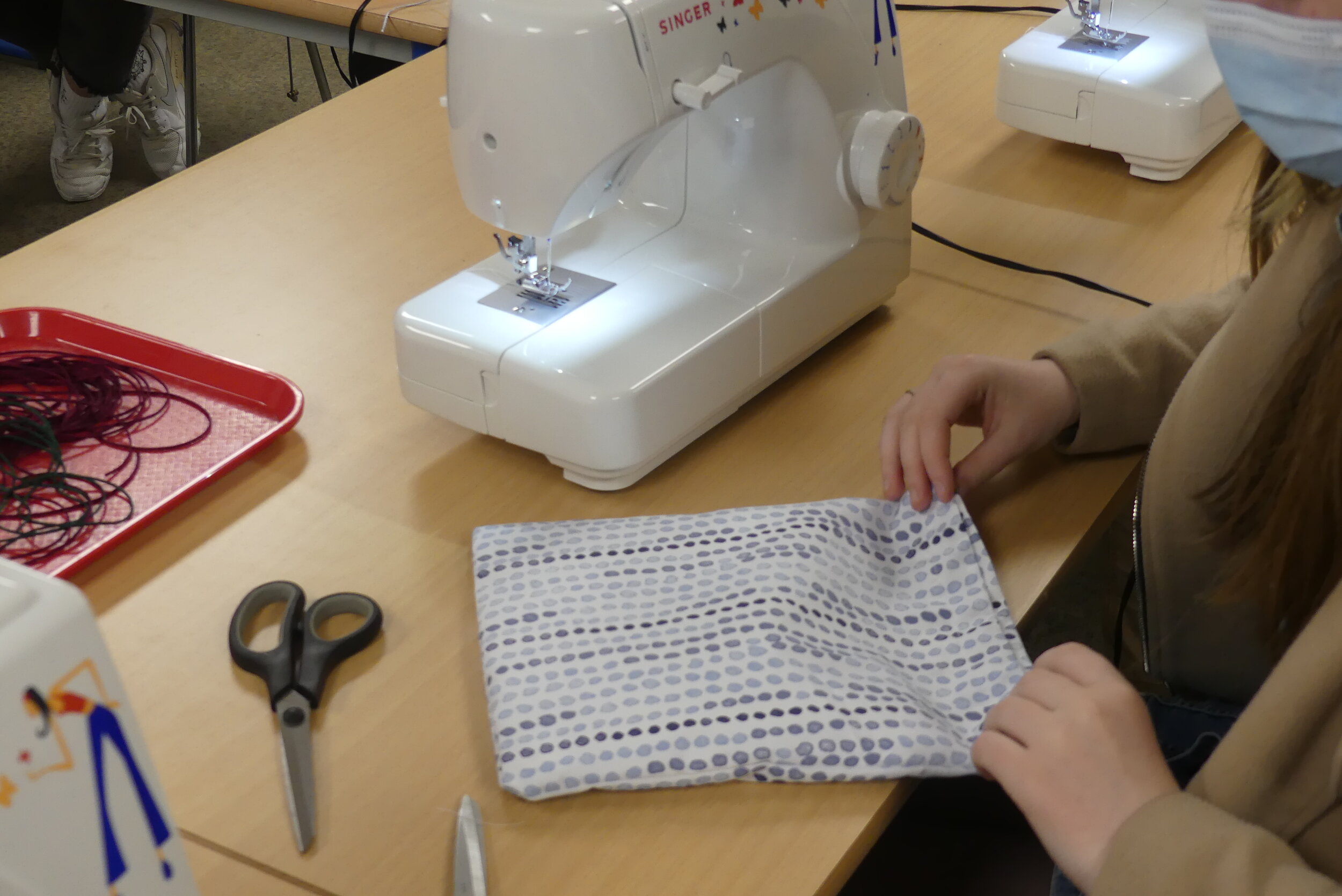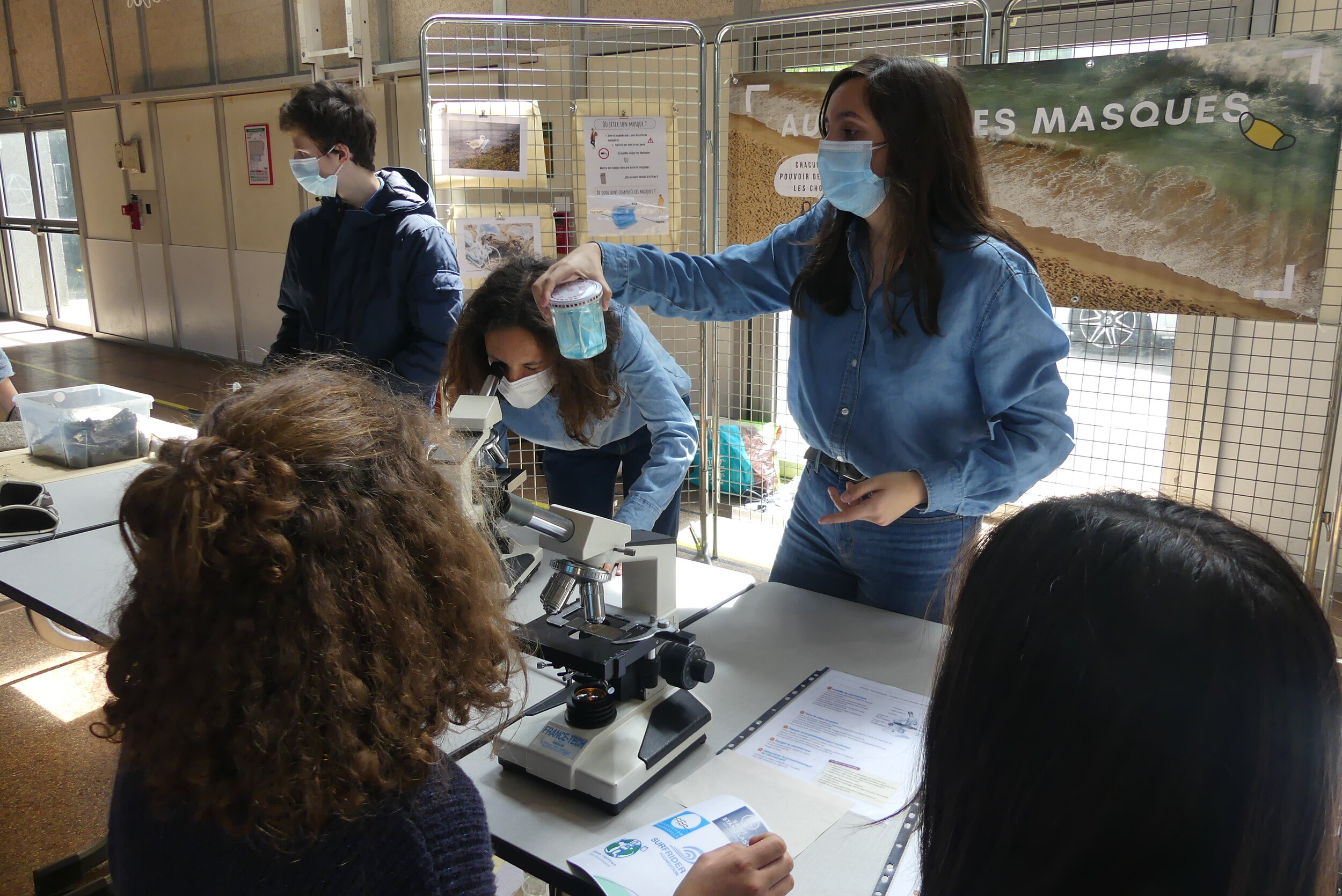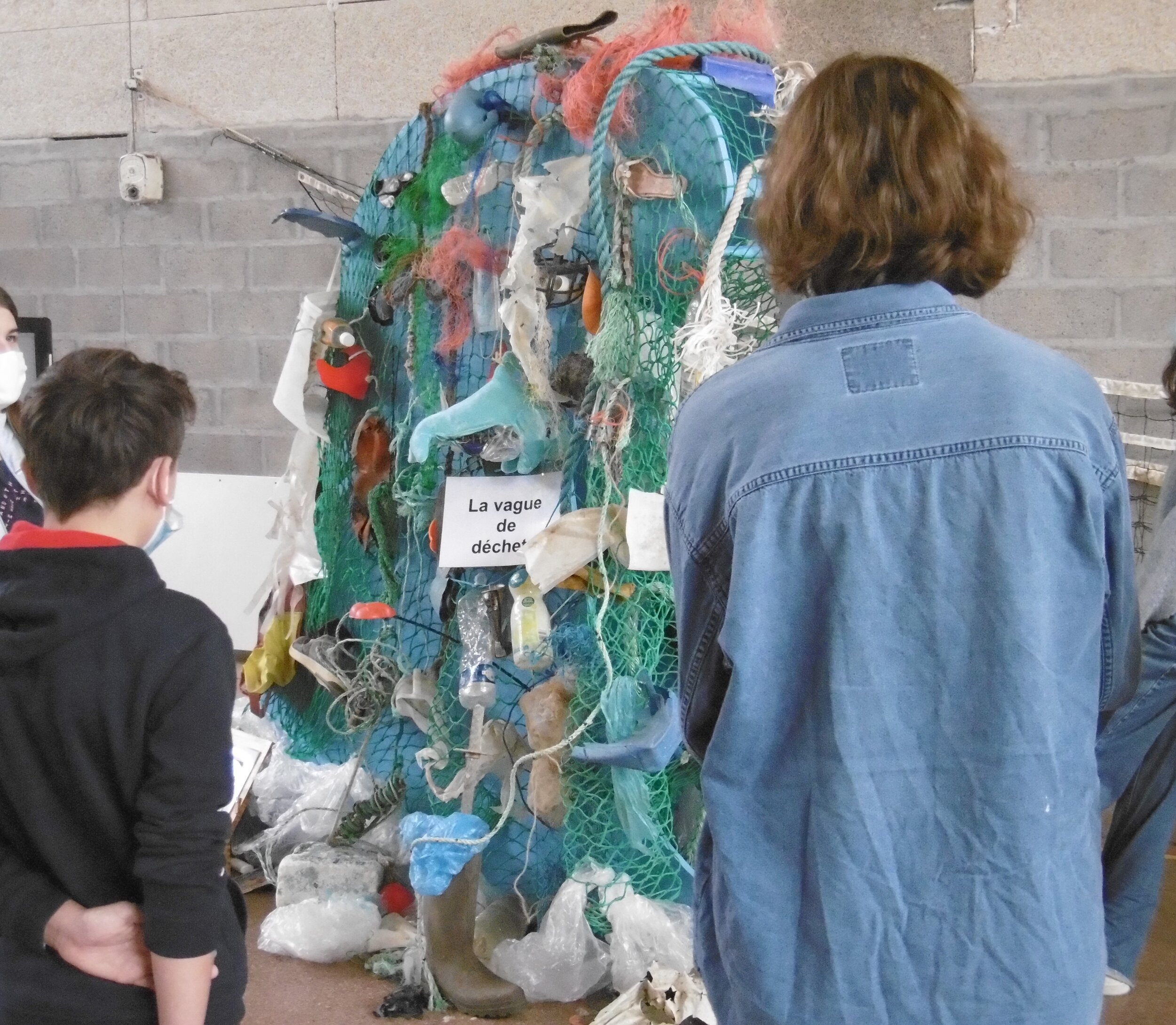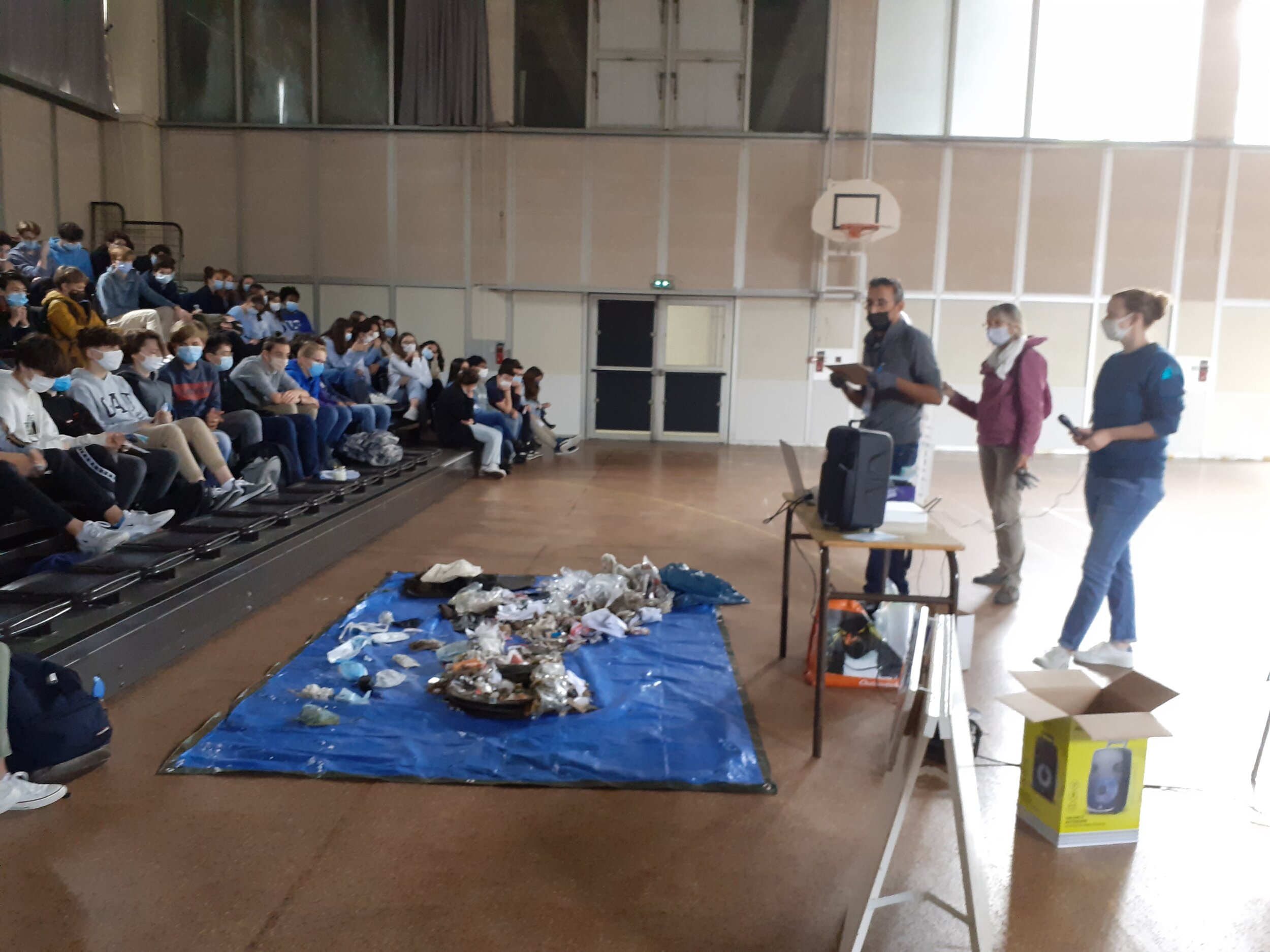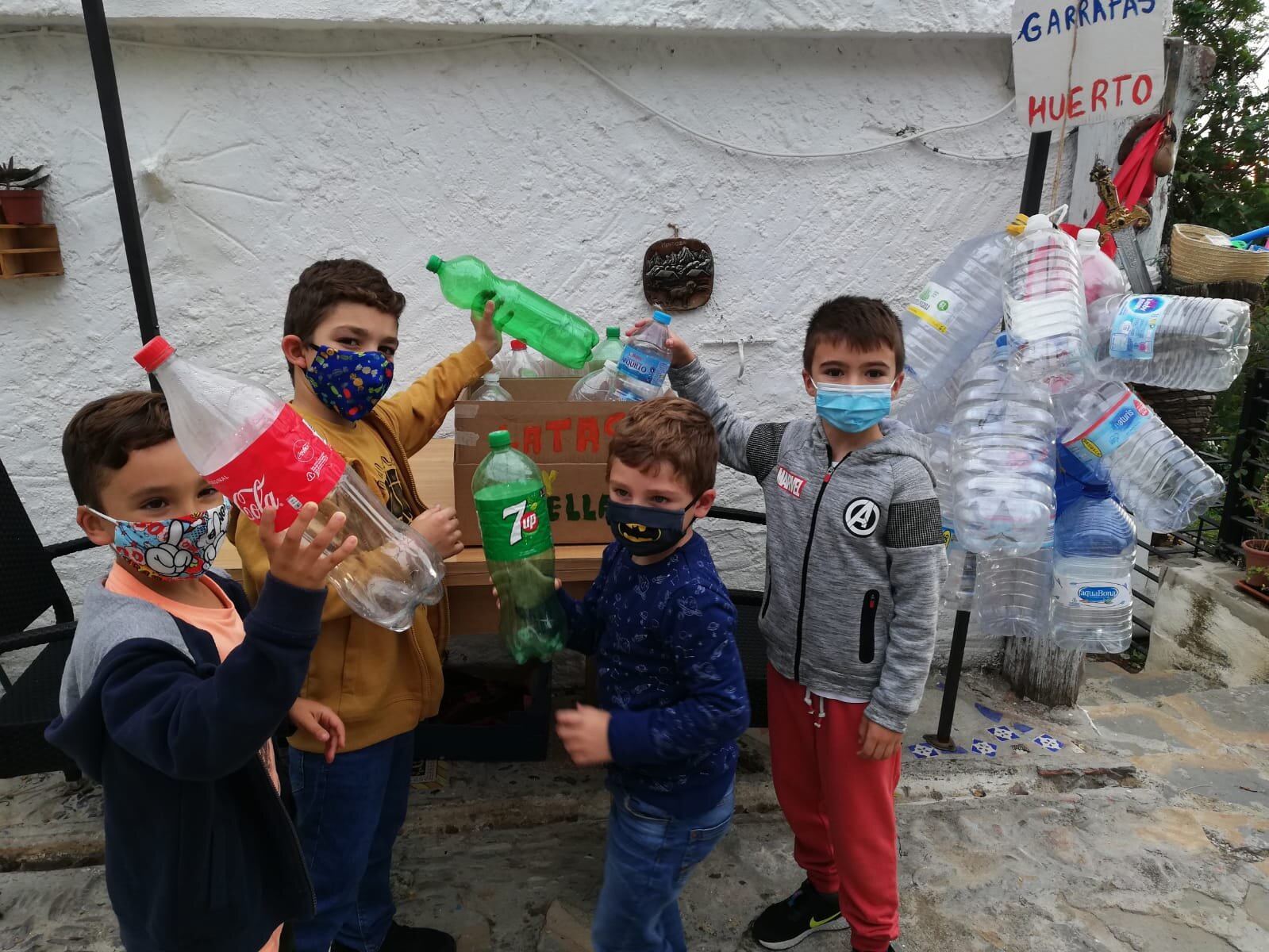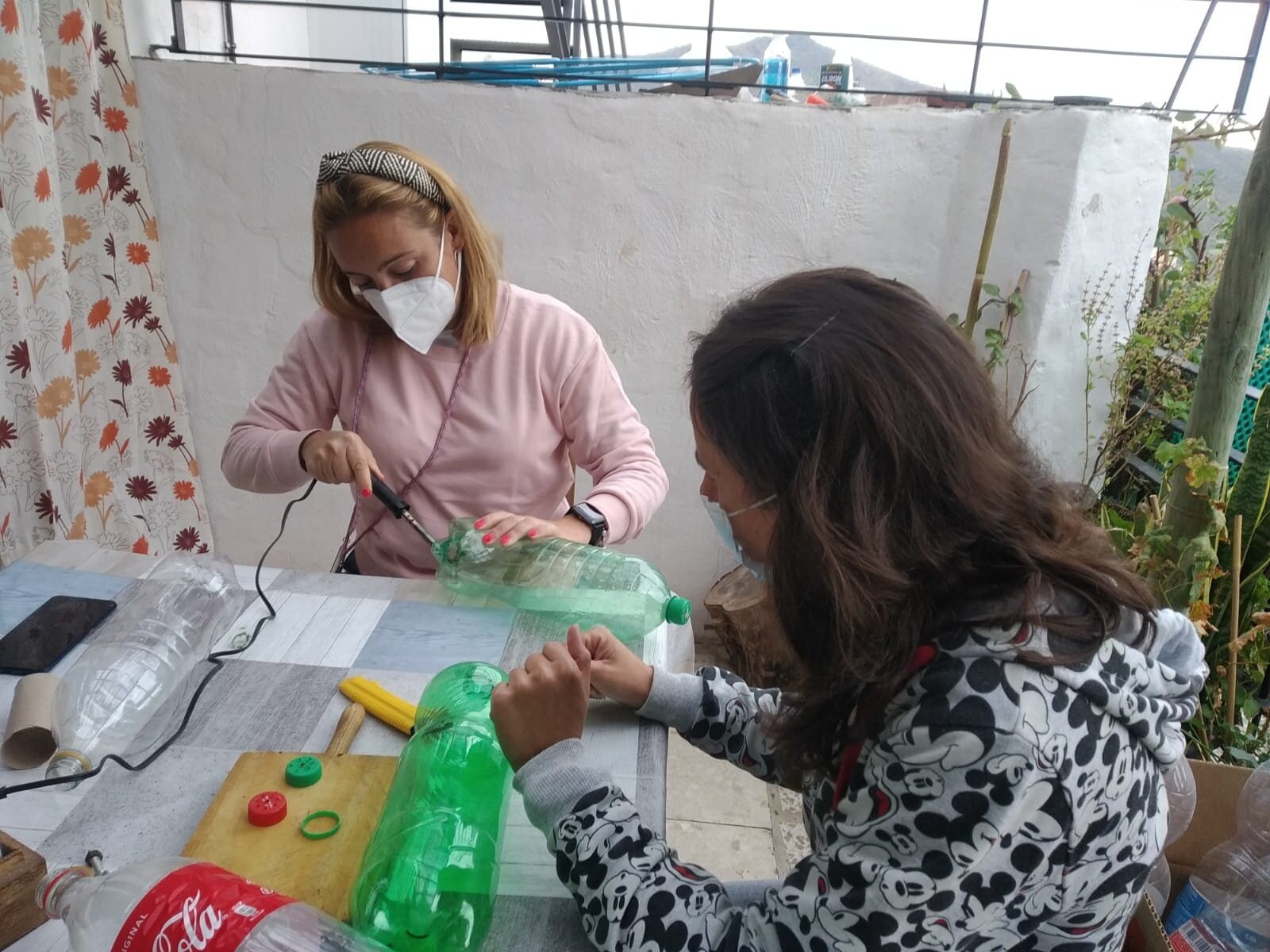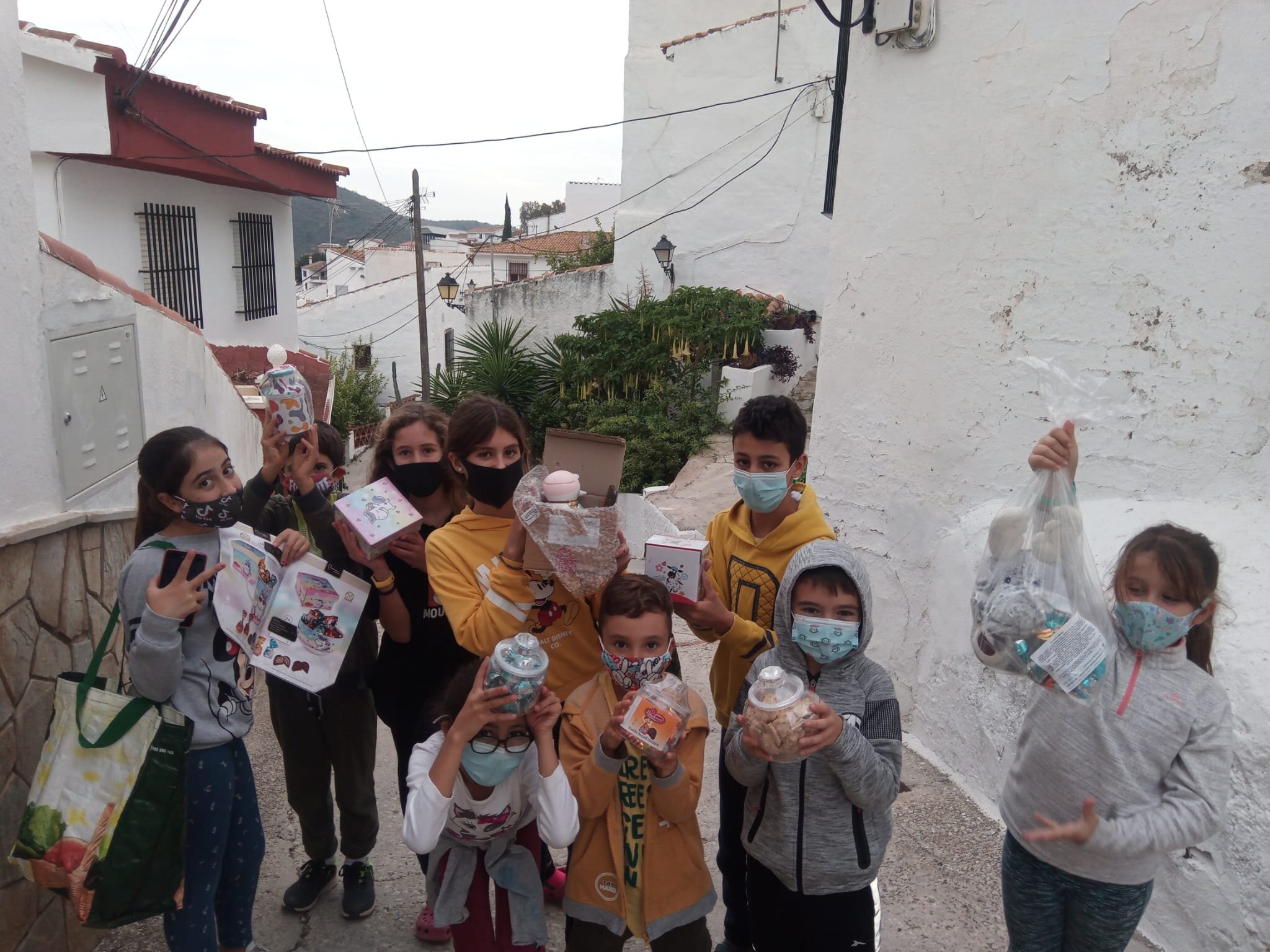During the 2023 Litter Less Campaign, 20 UNESCO ASPNet schools from ten countries engaged over 20,000 students from 16 cities in campaign activities involving responsible consumption and production and reduction of litter and waste.
Schools selected the most relevant topics related to litter and waste depending on their context, e.g. some focused on plastic pollution, others on food waste or e-waste. Some on litter and waste and cross-cutting themes like the oceans or tourism. While others focused on responsible consumption and production and the circular economy, e.g. with fast fashion as an entry point. The following countries participated in the campaign, Dominican Republic, Finland, Gambia, Indonesia, Italy, Japan, Kingdom of Bahrain, Namibia, Oman, and Republic of Korea.
The campaign had a tremendous impact in participating schools and their communities with 21,000+ students participating in activities, 600+ teachers trained and 90,000+ persons reached through schools’ awareness raising campaigns, such as on plastic pollution, electronic waste or fast fashion.
The campaign’s focus to experiment with hands-on learning for sustainable development supported participating schools to drive innovation and transformation and act as living laboratories for global citizenship, intercultural understanding and sustainable development. Not only did the students and teachers manage to tackle real environmental challenges, but fostered their knowledge and critical analysis of litter and waste, enhanced their communication and teamwork skills, and initiated social responsibility and leadership in their communities.
Capacity building
Capacity development resources (lesson plans, online courses, tutorials, etc.) and community of practice online meetings encouraged and supported teachers to explore topics like pollution, climate change and the circular economy and approaches like action-oriented, student-centered, collaborative and community-based learning.
While time intensive, building a community of practice at global level proved very useful to ensure (a) continuous motivation and engagement of the schools in the campaign, (b) joint learning on shared (and sometimes new) topics of concern and (c) collaborative actions through partnerships with other schools and/or community stakeholders.
“This community is a great source of motivation and inspiration for us. Working together, we can achieve more!”
80% of participating schools built a partnership with another school and 90% of schools engaged with new school-community partners from the public and private sectors.
Young Reporters for the Environment (YRE) competition
The activities have shown to empower participating students to engage with litter and waste related issues in their environment, exploring and implementing practical solutions and fostering their sense of commitment and leadership to more sustainable practices. Participation in the YRE competition has allowed students to share their ideas and learnings through writing, photography and videography.
“The competition offers us young people a real chance to make our voices heard and to feel that our voices matter.”
Most participants reflected upon and aimed to increase visibility for their campaigns and projects to reach the general public but also to find partners and impact policy making. By May 2024, schools had reached over 90 000 individuals through awareness raising. In addition, a Bahraini school launched a food waste campaign, formed partnerships with other schools and successfully advocated for the integration of the topic into the national curriculum.























